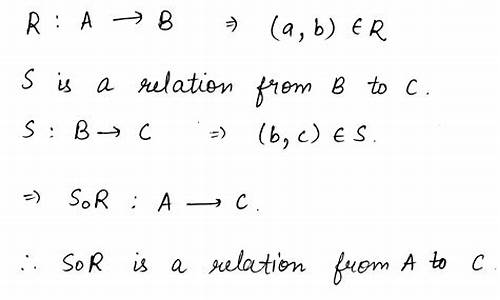The Relationship Between Physical Health and Mental Health
The connection between physical health and mental health is profound and complex. Both aspects are intertwined, and one often influences the other. Physical health involves the overall functioning of the body, including proper nutrition, exercise, and sleep, while mental health refers to emotional, psychological, and social well-being. Maintaining a balance in both these areas is essential for leading a fulfilling and healthy life. This article explores the various ways in which physical and mental health are connected and why taking care of both is crucial for overall well-being.
How Physical Health Affects Mental Well-being
Physical health plays a vital role in maintaining mental health. Regular exercise has been shown to reduce stress and anxiety, improve mood, and enhance cognitive function. Additionally, a balanced diet rich in vitamins, minerals, and nutrients supports brain health, making it easier to manage emotions and cope with stress. Sleep, a key component of physical health, also influences mental health, as lack of sleep can lead to irritability, depression, and anxiety.
How Mental Health Impacts Physical Health
Mental health can have a significant effect on physical health. Stress, anxiety, and depression can weaken the immune system, increase the risk of chronic diseases, and lead to unhealthy habits such as poor diet and lack of exercise. In extreme cases, mental health issues can also lead to physical symptoms like headaches, stomach problems, and even chronic pain. Addressing mental health concerns can improve physical health outcomes and vice versa.

The Importance of a Holistic Approach
Taking a holistic approach to health means recognizing the connection between physical and mental well-being. Exercise, a healthy diet, and adequate sleep are essential components of a healthy lifestyle. However, managing stress, seeking therapy, and fostering social connections are equally important for mental health. By addressing both aspects, individuals can improve their quality of life and reduce the risk of health issues in the future.
Practical Tips for Improving Both Physical and Mental Health

To improve both physical and mental health, individuals can adopt several strategies. These include engaging in regular physical activity such as walking, running, or yoga, consuming a balanced diet, and prioritizing sleep. Mental health can be supported by practicing mindfulness, seeking professional counseling when needed, and nurturing relationships with friends and family. These practices not only enhance physical health but also foster mental resilience.


Conclusion

The relationship between physical and mental health is undeniable. Maintaining a balance in both areas is essential for overall well-being. By taking care of your body through exercise, proper nutrition, and sleep, and by addressing mental health through stress management and seeking support, you can lead a more fulfilling, healthy life. Always remember that physical and mental health are interconnected, and prioritizing both is the key to achieving optimal wellness.